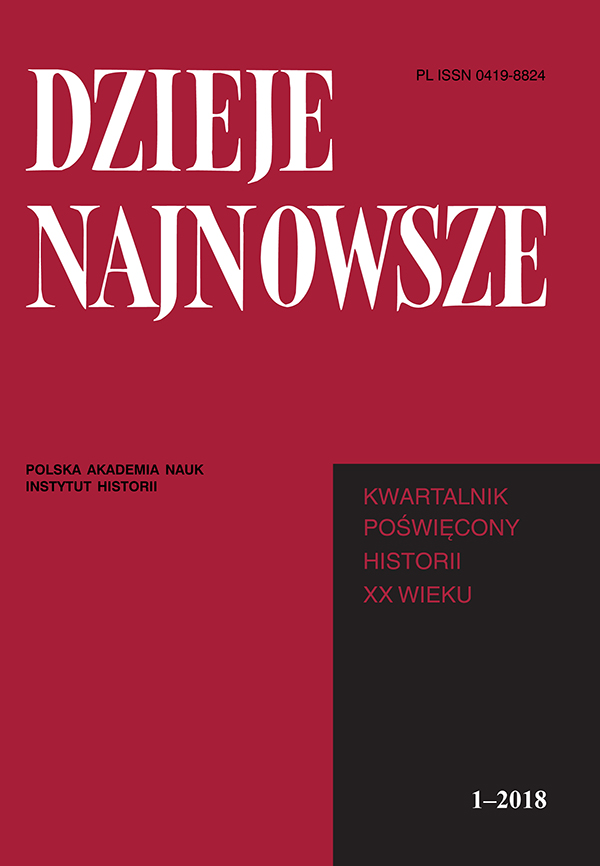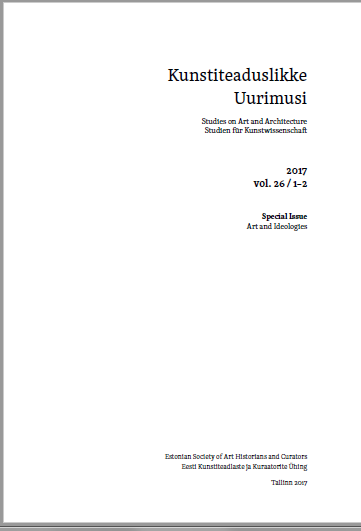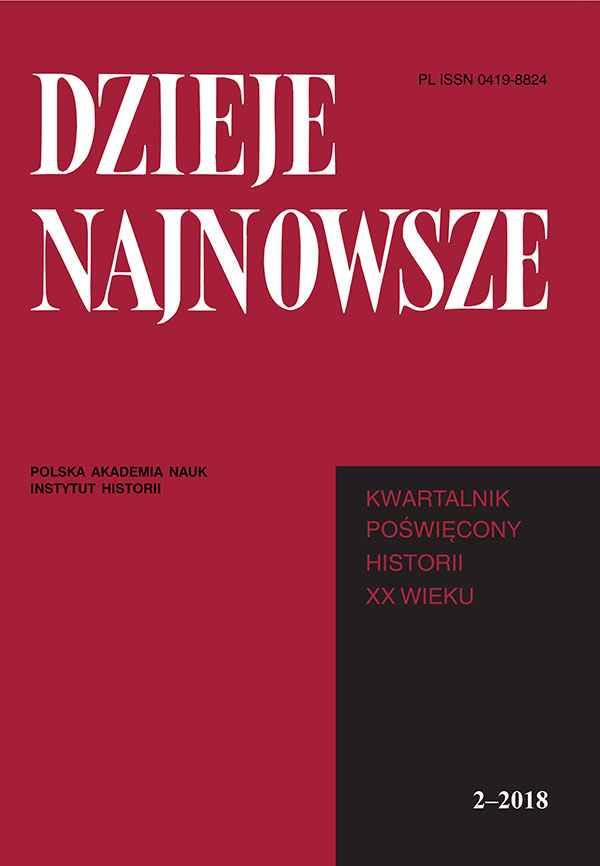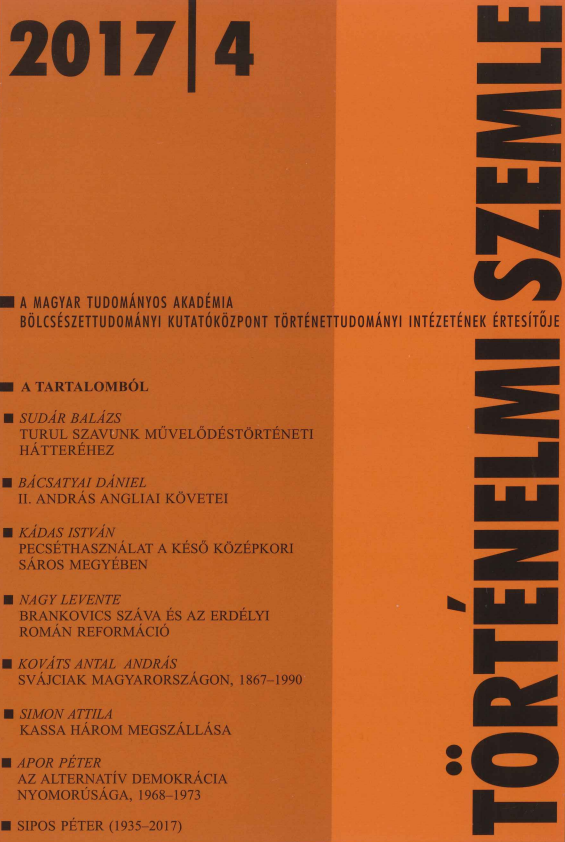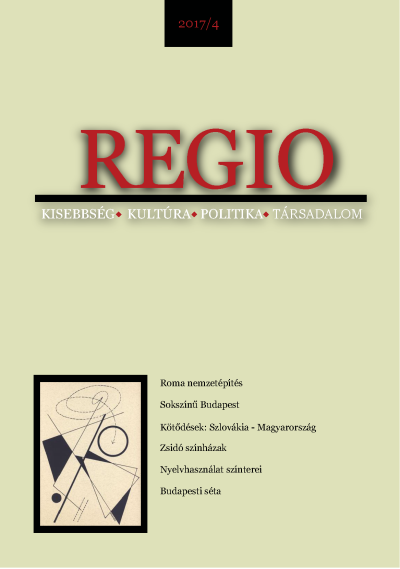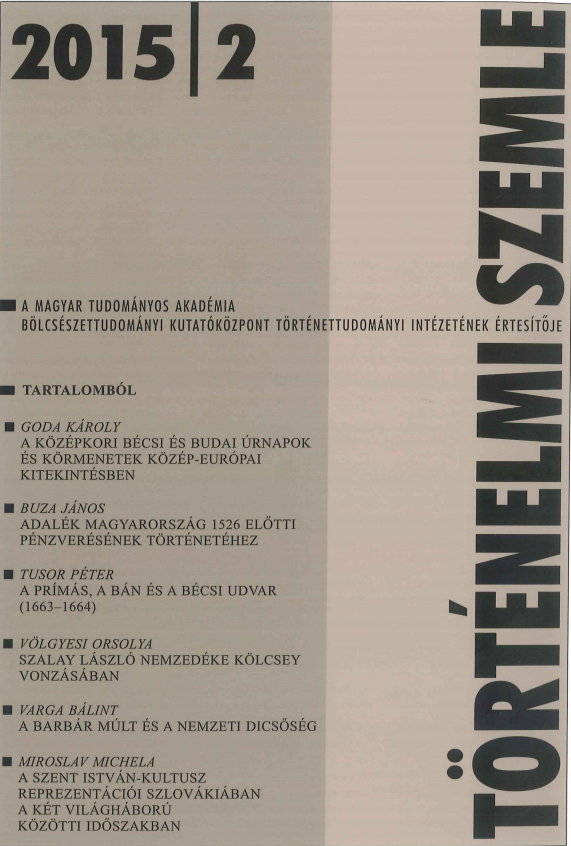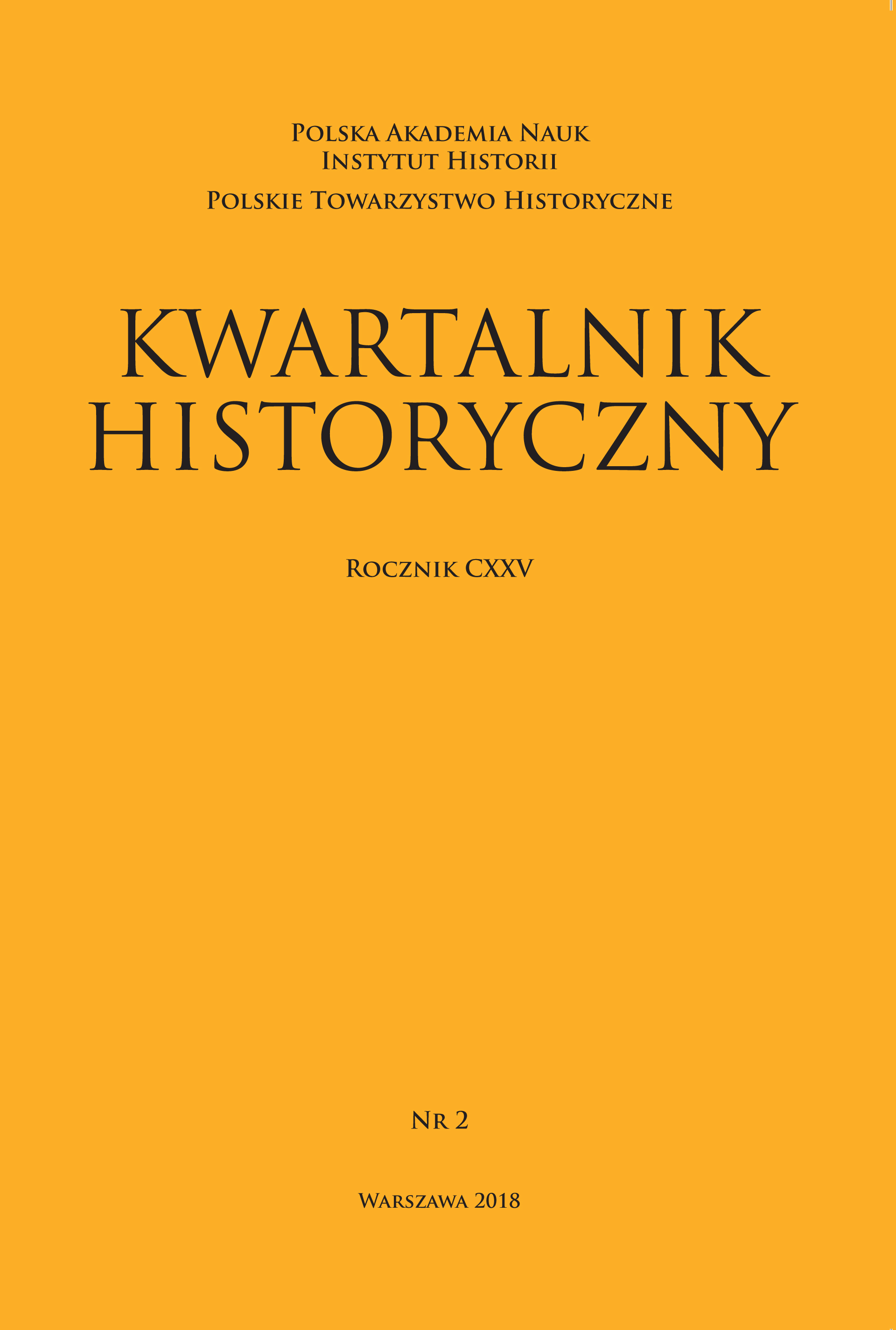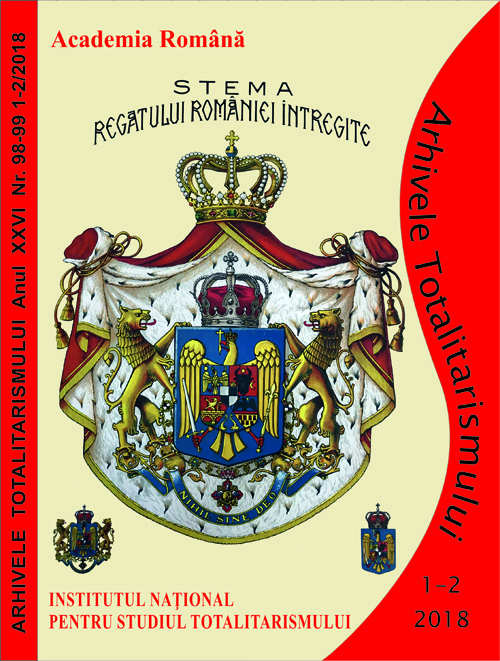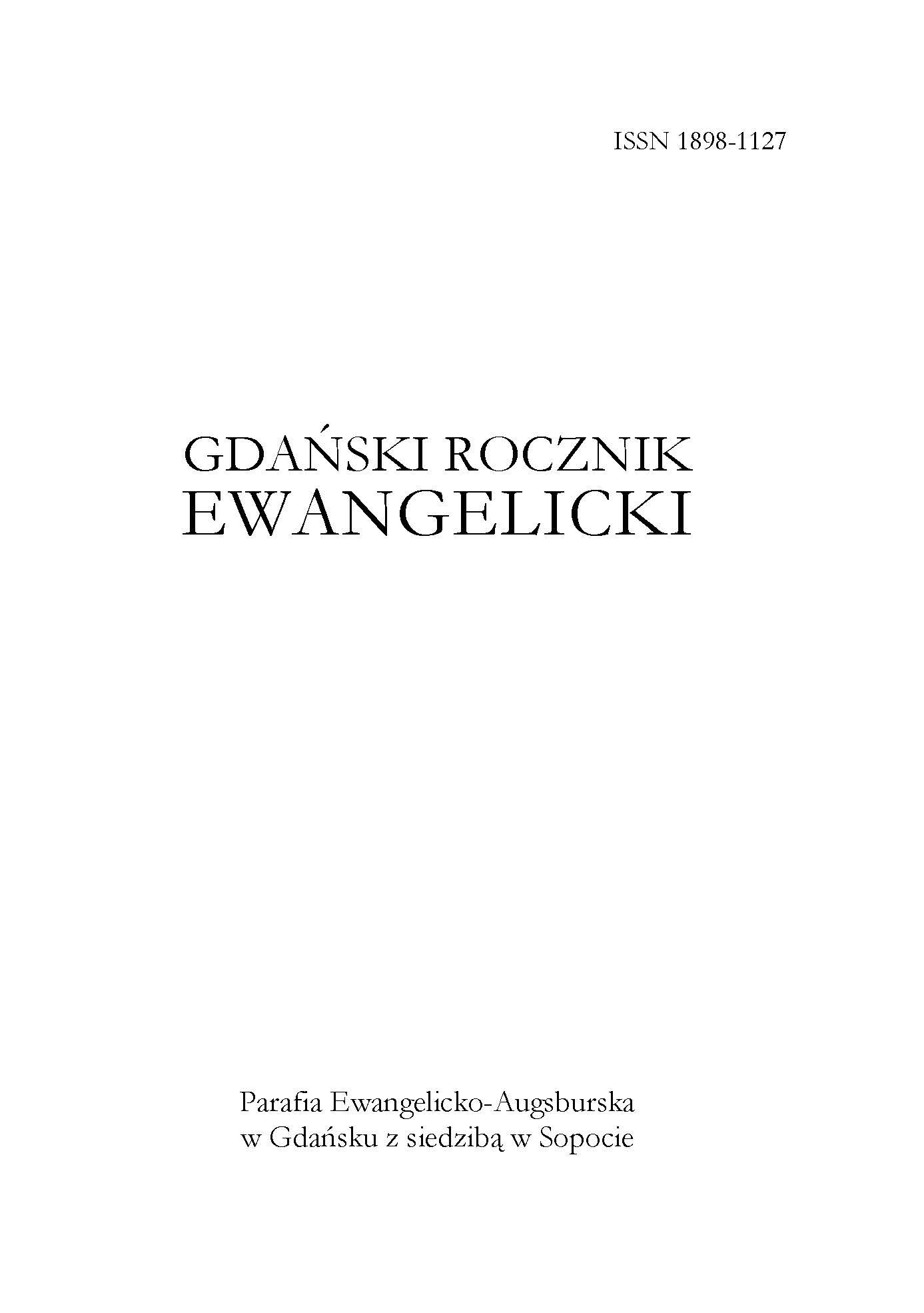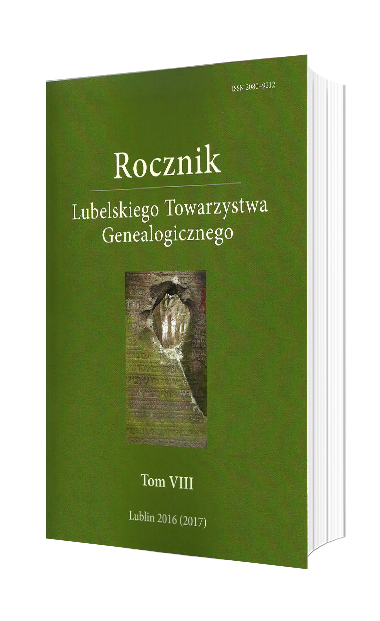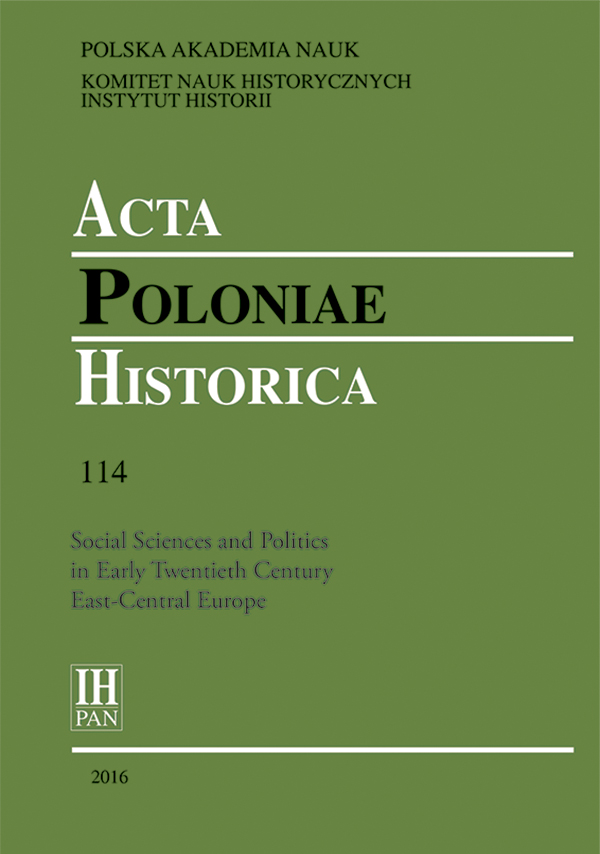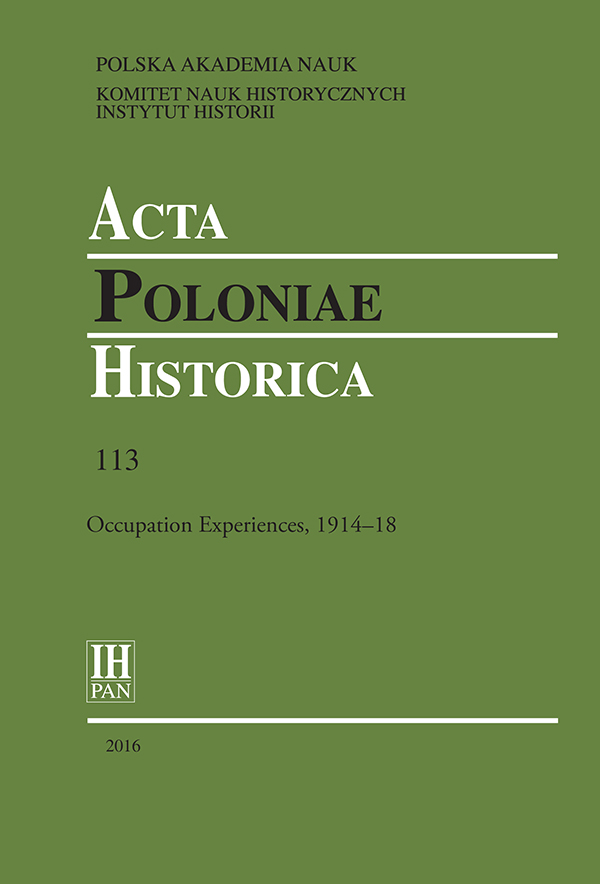
Ideas, reality and the international context of the social state in the Slovak Republic of 1939-1945
The conservative forces in the Slovak society of the first half of the 20th century sought models in Christian solidarity and the corporate state, which would replace parliamentarism of the Western type. The ideas could be put into practice after the seizure of power in autumn 1938 and especially after Slovakia became independent in March 1939. However, the ally of independent Slovakia, Nazi Germany rejected the corporate state. Therefore, the idea of Christian solidarity was replaced with the idea of Slovak national socialism and plans for a corporate social system for the Slovak working community according to the German model. The regime of the Slovak Republic of 1939 – 1945 attempted to put the new principles of the social state into economic and social practice. However, the implementation of the ideas of the time about a social state and the political system of Slovakia stopped half way.
More...
